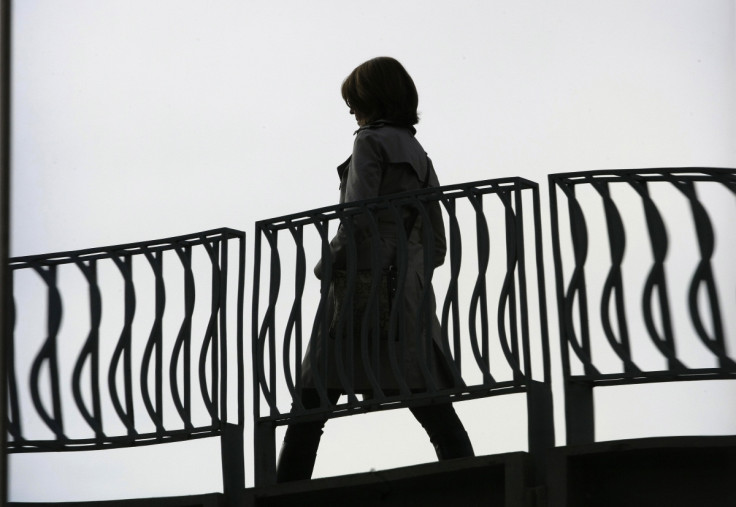People still think it is justified to beat your wife, claims UN report
United Nations Secretary-General António Guterres had also warned that gender equality is "vanishing before our eyes."

The social and cultural biases against women have not shown any sign of progress in the last 10 years, according to the latest report by the United Nations.
The United Nations Development Programme analysed data from the international research programme World Values Survey (WVS) for their report, and found that the world is unlikely to have gender parity by 2030.
The data provided by WVS covers as much as 85 per cent of the global population. The report showed that almost nine out of 10 men and women have "fundamental biases" against women.
"Half of people worldwide still believe men make better political leaders than women, and more than 40 per cent believe men make better business executives than women," said the UN Development Programme (UNDP) in its latest Gender Social Norms Index (GSNI) report.
As many as 25 per cent of people believe that it is okay for a man to beat his wife. The findings do not even come as a shock after what we have witnessed over the last few years across the world.
The United States has dismantled women's rights over their bodies, Afghanistan has almost erased women from public life, and countries like India and Pakistan have still not been able to curb cases of domestic violence and crime against women.
New @UNDP report shows no progress in level of bias against women:
— UN News (@UN_News_Centre) June 12, 2023
➡️ 50% believe men make better political leaders
➡️ 40% believe men make better business executives
➡️ 25% believe it is justified for a man to beat his wife
📰 Read our full story here: https://t.co/HkjWhoEm0q pic.twitter.com/97zgaHTSA5
The clampdown on protesting women in Iran and the war in Ukraine will only prove detrimental to women's development.
According to the UN, recent statistics show that 26 percent of women aged 15 and older, approximately 641 million, have been victims of physical and/or sexual violence by a husband or intimate partner at least once in their lifetime.
The latest report further highlights how all these social evils and biases have created hurdles for women. "Lack of progress on gender social norms is unfolding against a human development crisis," said Pedro Conceição, head of UNDP's Human Development Report Office.
Conceição added that the global Human Development Index (HDI) declined in 2020 for the first time on record.
Does good education and economic empowerment help?
It is widely believed, and rightly so, that quality education can play a major role in eliminating biases against women. But the report's findings say otherwise. "In the 59 countries where women are now more highly educated than men, the average gender income gap remains 39% in favor of men," it said.
A report by the World Economic Forum (WEF) recently revealed that it will take another 132 years to reach global gender equality. The most vulnerable are the women in developing countries, but the situation is not too great in the global north either.
United Nations Secretary-General António Guterres had already warned that gender equality was "vanishing before our eyes."
"Women's rights are being abused, threatened, and violated around the world," Guterres said. He added that gender equality is "300 years away." He called for "collective" and "urgent" action to achieve gender equality in the coming years and did not hesitate to claim that the "global frameworks are not working for the world's women and girls" and that needs to change.
New research by the IPU-UN Women Map of Women in Politics has also claimed that closing the gender gap when it comes to women's participation in politics is still a far-off goal. It revealed that there is still a gross underrepresentation of women, with numbers dropping as low as 10.1 percent in Central and Southern Asia, and 8.1 per cent in Pacific Islands, including New Zealand.
The glimmer of hope:
The Interparliamentary Union, an international group of national parliaments, revealed that there are now more women MPs in every single country on Earth for the first time ever.
The report analysed data from 47 countries that held elections last year. The global share of women in parliamentary offices now stands at 26.5 per cent.
However, Martin Chungong, IPU Secretary General, added that "progress is far too slow with half the world's population still vastly under-represented. There is an urgent need to change this, to strengthen democracy everywhere."
© Copyright IBTimes 2025. All rights reserved.






















